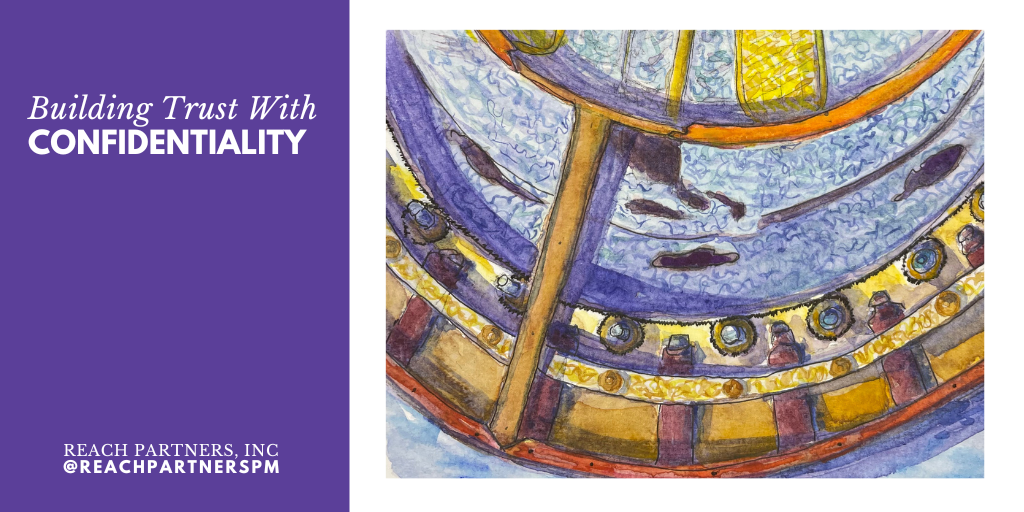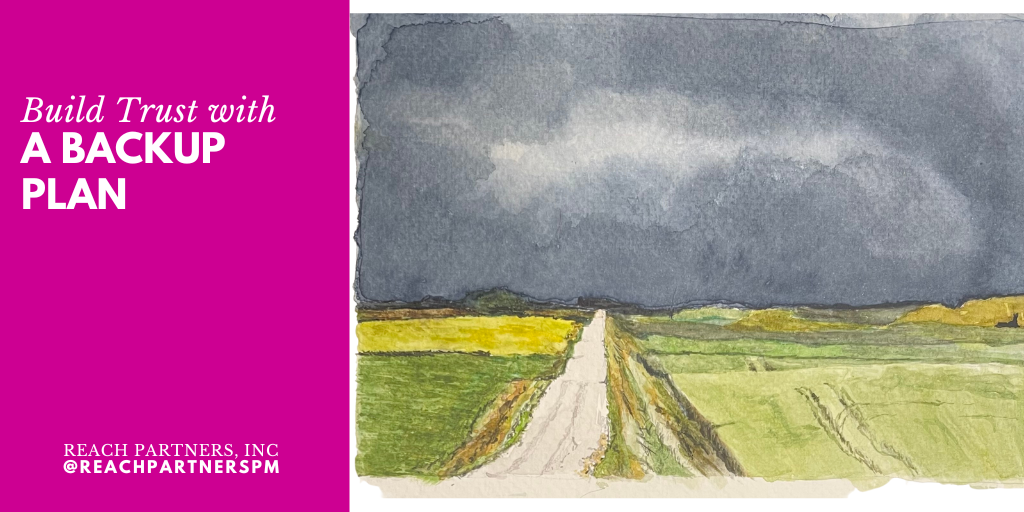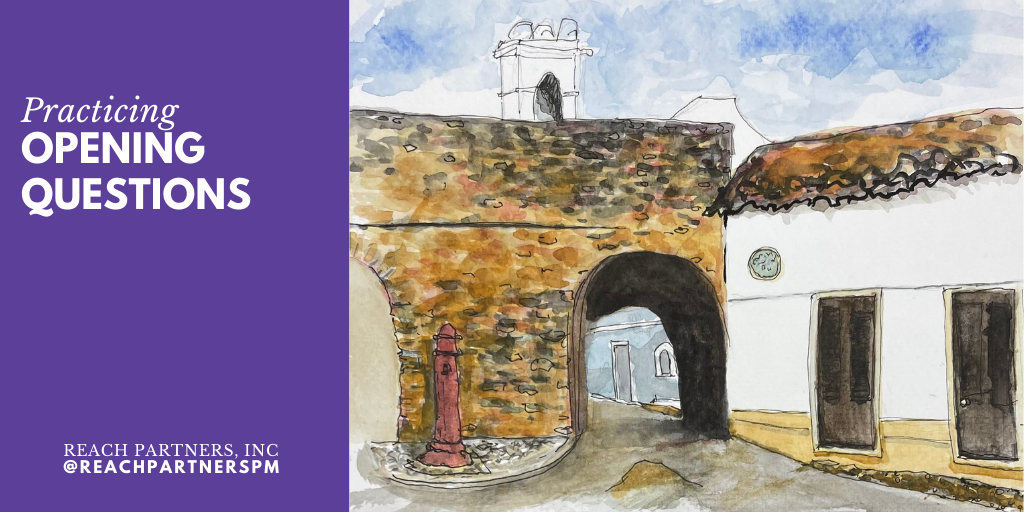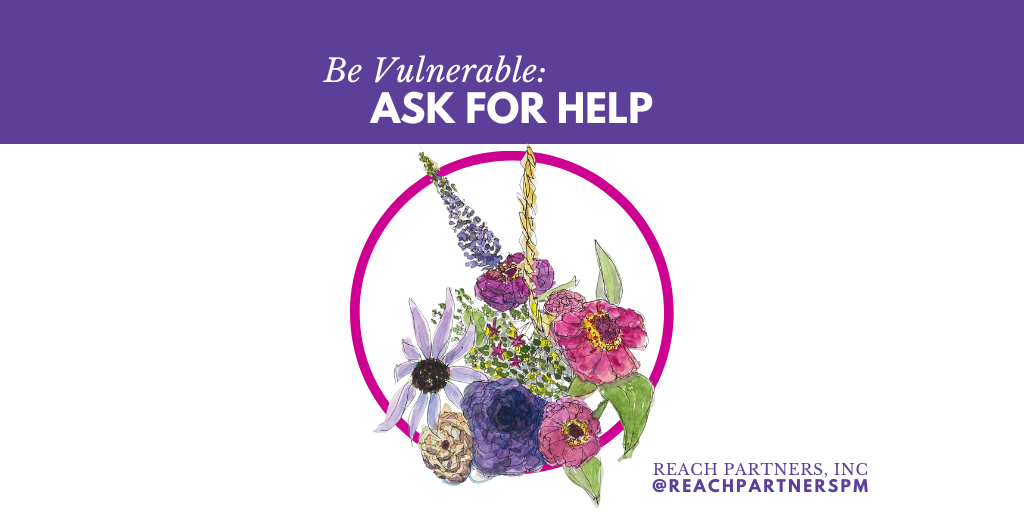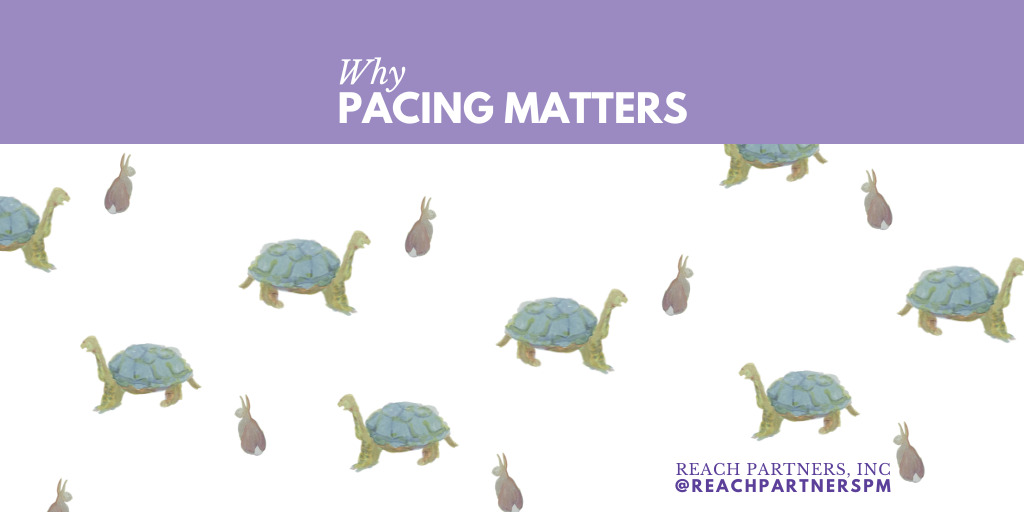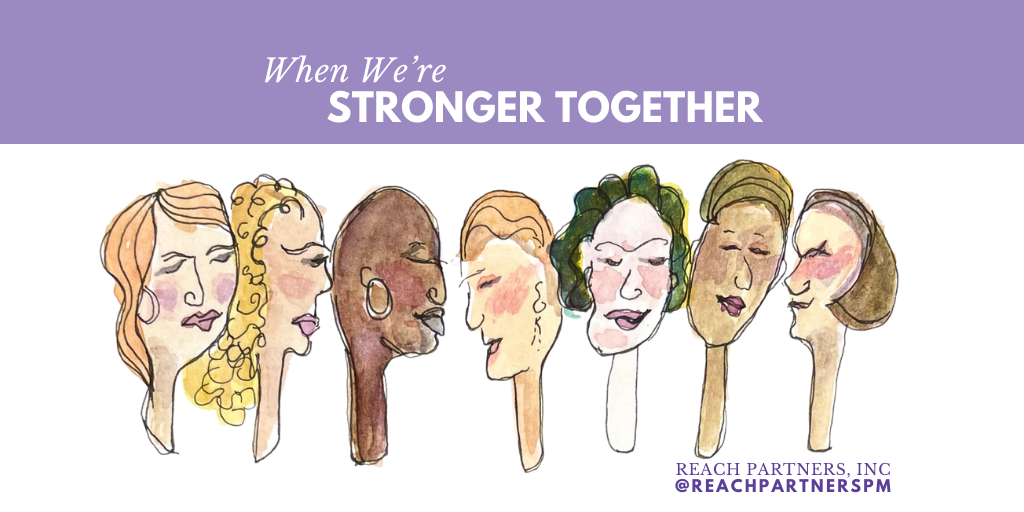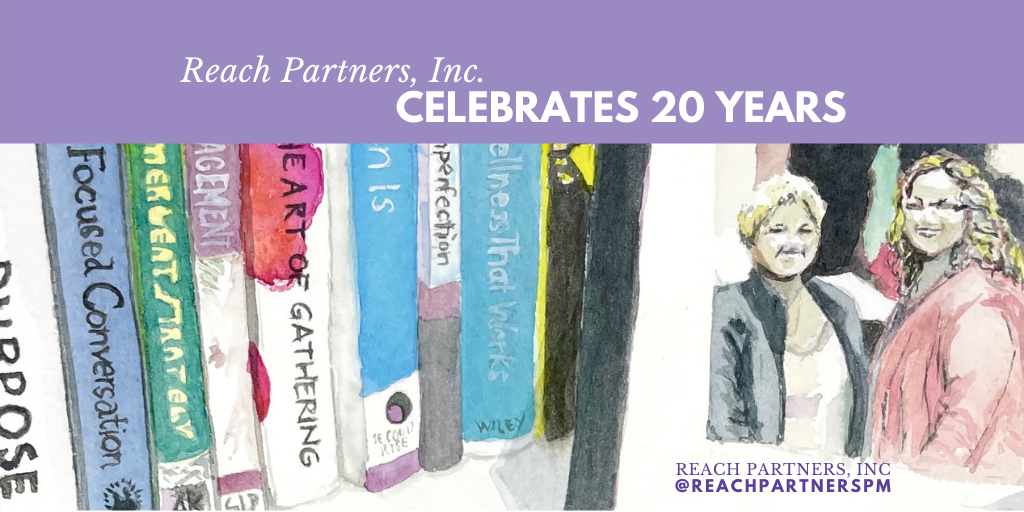|
We recently decided to update our client testimonials and debated whether omitting a client name made the testimonial useful. The discussion was particularly valuable because it led to a deeper dialogue about the link between confidentiality and trust.
Trust is the basis of all successful relationships. Among the various elements that foster trust, confidentiality stands out as a crucial component, especially when partnered with integrity. Our commitment to respecting client confidentiality isn't just a box we check off — it's the cornerstone of how we build and maintain strong relationships.
0 Comments
How do you typically respond to conflict?
This may not be a question we are comfortable answering, but understanding the primary way you respond to conflict can help you become more aware of your tendencies. It also can help you make better choices when you don’t agree with someone. Whether it's a disagreement with a colleague at work, a misunderstanding with a friend, or a difference of opinion within family, conflicts are a natural and inevitable part of human interaction. How we handle them significantly impacts our relationships and overall well-being. Asking for help is hard. Or, at least for many of us that’s true.
When we hesitate to ask for support, however, we unnecessarily suffer through difficult situations at work, at home, or even in a relationship. The reasons we avoid asking for help vary. Maybe we don’t know how to ask. Maybe we are too proud or scared to show vulnerability in our Midwestern culture. Perhaps we carry generational baggage that tells us we are not worthy of needing assistance. Whatever the barriers are, we need learn how to rise above them. Leaders who ask for help are the kind of people with whom Reach Partners thrives. They are humble and know their limitations. Leaders who ask for help tend to value expertise that others bring. To get better at asking for help, we encourage you to think about the obstacles and why it’s worth overcoming them. After completing a post activity report (PAR) for a recent project, Anita and I discussed the wisdom of having a backup plan.
Yes, we complete a PAR for every project, which we talk about more here. But this post is really about dealing with yet another winter storm this long winter, and the plan we created to mitigate the risk of weather. Creating a backup plan extends our strategic approach for achieving our client’s goal, which is our most important goal. We have found one of the best ways to start a meeting is with an opening question.
The simple act of asking a question at the beginning of a meeting builds a stronger, more effective team. It’s a great way to ensure that people who need to work together get to know each other better. Here’s how: It can be hard to ask for help.
We have been programmed to believe that strength is individual, that asking for help is a sign of weakness. This mentality, however, deprives us of the power that can come from working together, instead of alone. At Reach Partners, we have observed that good leaders recognize that they can’t do everything alone. We’ve seen that the best leaders take that one step further; they know how to ask for exactly what they need while empowering others to contribute. Here’s how that played out recently: When a team invites Reach Partners to join them, we’re asked to provide focus on a project. Even if the team members work side-by-side each day, they often need help with the pace of the project – the way a project’s progress moves forward.
Different than a timeline or milestones, pacing is about understanding when to pause or slow down and when to speed ahead. Every milestone in a project’s plan deserves its own sense of pace. There’s a common saying that fences make good neighbors.
The underlying assumption is that people get along better when there is separation, that relationships need defined space. We disagree. Our best work happens when people break down those fences and come together. We believe that collaboration leads to the best ideas and the best path forward. We know from experience that we can do more together than alone. We know that projects take time and effort. We expect to spend hours on project timelines, project budgets, and project deliverables whether we’re planning an event, constructing a building, or installing public art.
At Reach Partners, we do this well. We are, after all, project managers. That said, the term “project management” doesn’t completely describe our work. Every project we do involves or affects people. After all, without their input and responses, our projects are meaningless. An event doesn’t happen without presenters, attendees, organizers, and vendors. Buildings aren’t constructed without engineers, architects, funders, and those who occupy its spaces. And public art without an artist and viewers? Well . . . Truth be told, project management is as much about people management and relationship building as it is about shuffling plans, timelines, and budgets. We spend a considerable amount of our time working with stakeholders and keeping them engaged in the work. This year, Reach Partners celebrates 20 years.
Twenty years! That’s countless hours of coordinating events, gathering people in conversation, helping work get done, communicating key messages, training volunteers, facilitating meetings, pushing and encouraging, staying within budget, outlining the scope, staying up late, waking up early, making mistakes, asking forgiveness, and making right the mistakes we made. Twenty years! As we celebrate this milestone, we recognize that we are who we are largely because of the values that we uphold and practice. We are intentional about how we do our work and who we do it with. This has led us to the best partners a business could ask for and we are immensely grateful for that. So, in honor of our anniversary, we want to reflect on a few moments from the past two decades that speak to our values. Of course, there are so many more moments than we have space for, but here is a sampling: |
Reach PartnersYour partners in leadership. Categories
All
Archives
July 2024
|
|
|
Reach Partners, Inc
3330 Fiechtner Dr. Suite 100 Fargo, ND 58103-2321 701-271-8170 Copyright (C) 2024 Reach Partners Inc.
|

